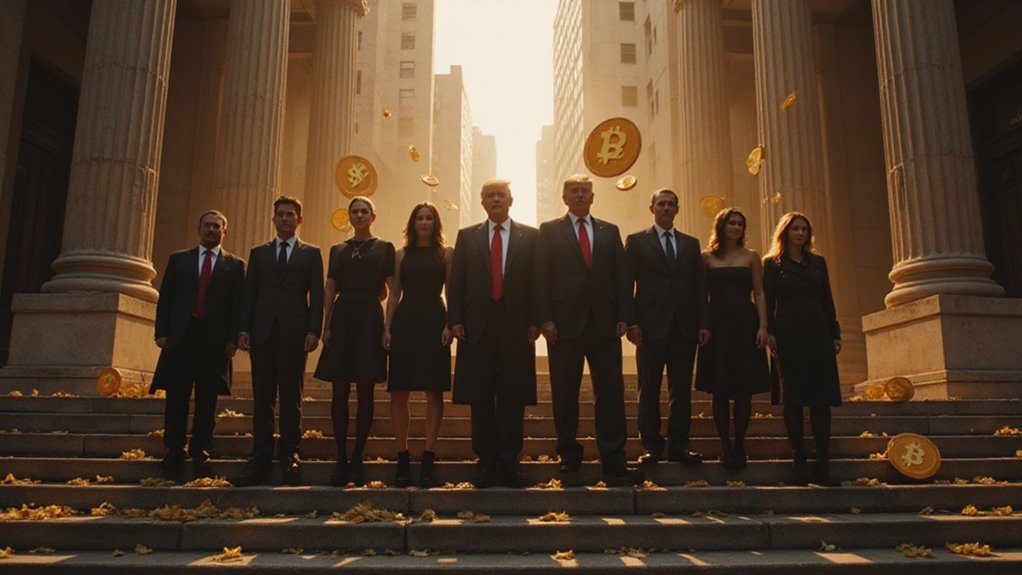While South Korea’s banking sector once viewed cryptocurrency with the enthusiasm typically reserved for a tax audit, the nation’s largest financial institutions are now scrambling to establish digital asset divisions with the fervor of teenagers discovering a new social media platform.
Major players including Shinhan, KB Kookmin, Woori, and KEB Hana have dusted off previously shelved crypto projects and assembled dedicated task forces to pursue stablecoin issuance and custody solutions—a remarkable shift considering these same institutions were content to sit on the regulatory sidelines for years.
The catalyst for this sudden institutional awakening appears to be the anticipation of supportive legislation under President Lee Jae-myung’s administration, which promises a markedly different approach from previous governments that treated initial coin offerings like financial contraband.
The Virtual Asset User Protection Act, enforced since July 2024, has provided the regulatory clarity that banks apparently needed to justify allocating resources toward digital assets (because nothing motivates financial institutions quite like knowing exactly which boxes to check for compliance).
Woori Bank exemplifies this strategic shift, leading the charge with its newly minted Digital Asset Team and forging alliances with blockchain startups—partnerships that would have been unthinkable during the crypto prohibition era.
These banks are not merely dipping their toes in digital waters; they’re establishing consortia and piloting blockchain-powered infrastructure with the methodical precision of institutions that have suddenly realized their customers’ appetite for crypto services extends far beyond speculative trading.
The regulatory framework emerging from the Financial Services Commission focuses on balancing innovation with anti-money laundering provisions and customer protection—a delicate equilibrium that requires banks to expand beyond traditional fiat deposits into crypto custody and trading platforms while maintaining institutional safeguards.
This change represents more than operational expansion; it signals potential market stabilization as established financial institutions enter territory previously dominated by crypto-native exchanges.
The competitive implications are substantial, with banks poised to launch new crypto products in 2025 following regulatory guidance.
Established platforms like Bitbuy demonstrate how regulated exchanges can build trust through comprehensive compliance frameworks and security measures including cold storage and institutional custody solutions.
Whether this institutionalization of cryptocurrency finance will deliver the promised stability and public trust remains an open question, though the banking sector’s collective enthusiasm suggests they’ve already placed their bets.









